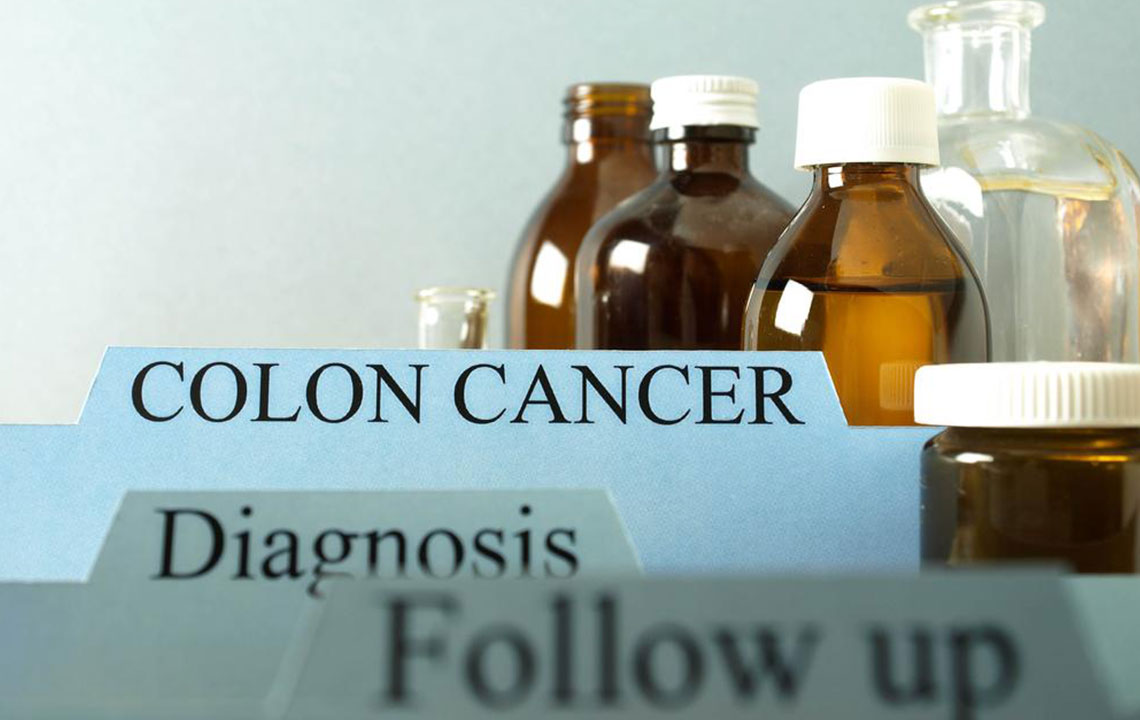Essential Information About Colorectal Cancer Awareness
This article highlights key facts about colorectal cancer, emphasizing symptoms, screening importance, and treatment options. It explains risk factors and available treatment centers, encouraging early detection for effective management. Stay informed to protect your digestive health and seek professional advice if concerned.

Essential Information About Colorectal Cancer Awareness
Colorectal cancer involves abnormal growth of cells in the large intestine, affecting digestion and overall health. It is a significant health concern worldwide, ranking as one of the most common cancers. According to studies, it is the third leading cancer diagnosed in adults in the United States.
Signs and Symptoms of Colorectal Cancer
Precancerous polyps can develop into malignant tumors in the colon, leading to health issues. The key symptoms include:
Persistent fatigue
Unusual bowel habits
Blood in stool
Unexpected weight loss
Ongoing constipation or diarrhea
See a specialist if you notice bleeding during bowel movements.
Early detection through regular screenings can significantly lower colorectal cancer risks. If you're 50 or older, consider starting screenings earlier, around 25.3% of those aged 75-84 are impacted by this disease in the U.S. Recommendations include:
Maintaining a balanced, nutritious diet
Quitting smoking and limiting alcohol consumption
Engaging in regular physical activity to manage weight
Leading Colorectal Cancer Treatment Centers in the Nation
Nationwide centers are equipped with expert oncologists and advanced facilities. Some prominent options are:
The Cancer Treatment Centers of America offers comprehensive therapies including targeted treatment, chemotherapy, radiotherapy, surgery, and immunotherapy.
Abington Hospital-Jefferson Health provides innovative treatments like IMRT, IGRT, and minimally invasive procedures such as laparoscopic colostomy.
The Tucker Gosnell Center for Gastrointestinal Cancers employs advanced imaging and surgical technologies, including PET/CT, MRI, intraoperative ultrasound, and 3D imaging.
At Albany Medical Center, specialists perform colorectal surgeries and integrative approaches for effective management.
Resources dedicated to colorectal cancer support patients physically, emotionally, and financially. Early screening and awareness are vital in preventing and managing the disease. Regular visits to healthcare providers help identify symptoms sooner, allowing timely intervention and resource access.










